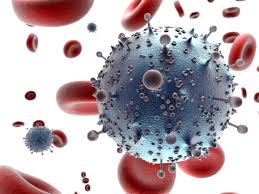记忆方法
将“infection”拆分为“in-fection”。想象“in”意味着“进入”,而“fection”类似于“fect”,联想到“fact”(事实),暗示这是一个“进入事实”的过程,即病原体进入体内成为事实,从而形成感染。这种方法将“infection”与它所代表的概念联系起来,帮助记忆。
以上内容由AI生成, 仅供参考和借鉴
中文词源
infection 传染,感染
来自infect,传染,感染。
英语词源
- infection (n.)
- late 14c., "infectious disease; contaminated condition;" from Old French infeccion "contamination, poisoning" (13c.) and directly from Late Latin infectionem (nominative infectio), noun of action from past participle stem of Latin inficere (see infect). Meaning "communication of disease by agency of air or water" (distinguished from contagion, which is body-to-body communication), is from 1540s.
权威例句
- 1. A cold is an infection of the upper respiratory tract.
- 感冒是上呼吸道的感染。
- 2. They've picked up a really nasty infection from something they've eaten.
- 他们因吃错东西而得了很严重的感染症。
- 3. All blood products are now heat treated to kill off any infection.
- 目前所有血液制品均经过热处理,以防止各种感染。
- 4. Our doctor diagnosed a throat infection and prescribed antibiotic and junior aspirin.
- 我们的医生诊断是喉部感染,并且开了一些抗生素和小剂量阿司匹林。
- 5. She was on antibiotics for an eye infection that wouldn't go away.
- 由于眼睛感染一直不见好,她在服用抗生素。
